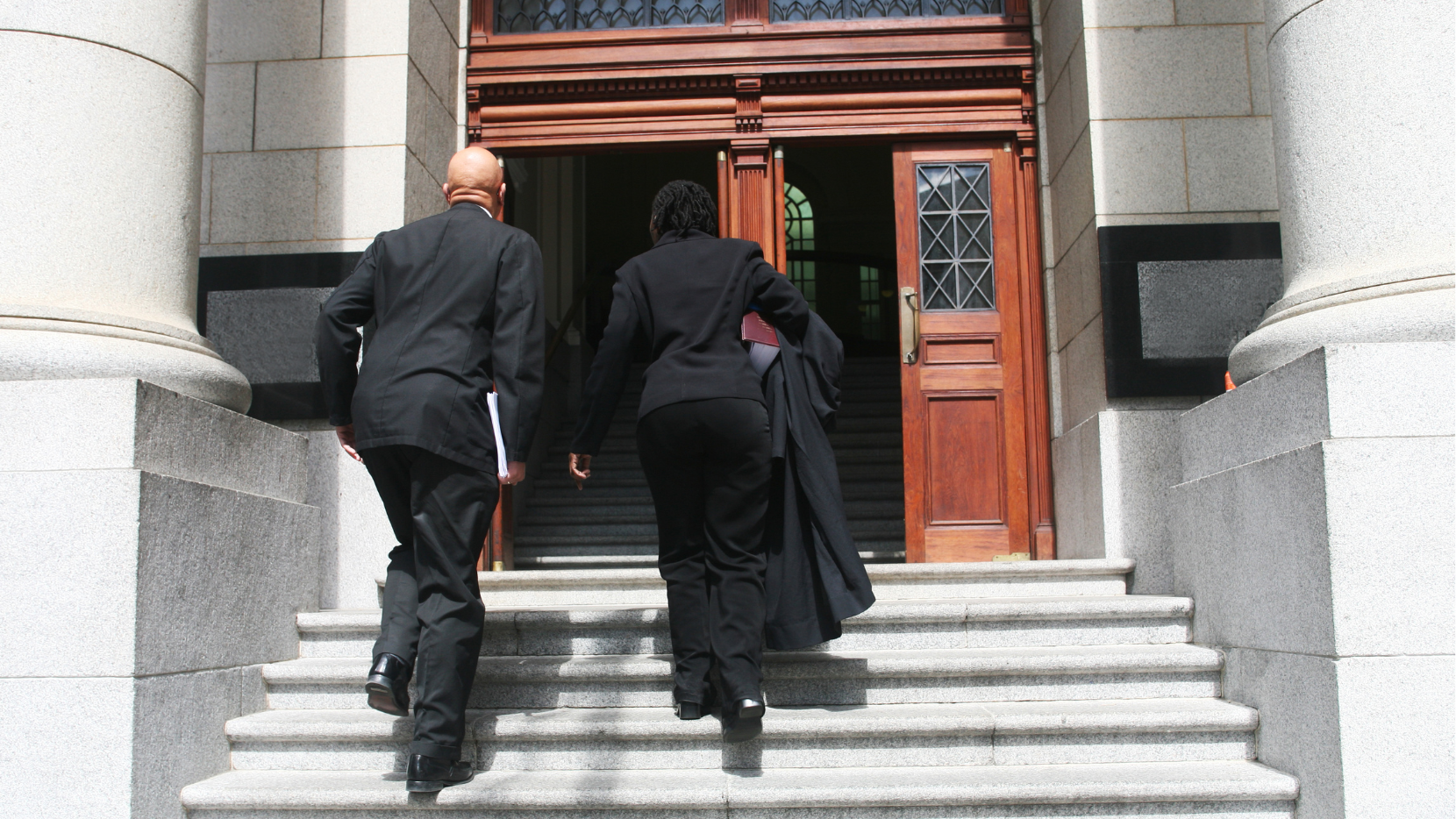Can't make the date?
Simply register your interest below, and we’ll be in touch when future date options are released.
Welcome to our brand new website, providing you with easier access to our training, research and resources!

How to better respond to – and represent – victims (including children) of domestic abuse. Creating better case outcomes, and a transformed family justice system.
This one-day training course empowers family lawyers to take a trauma-informed approach to representing survivors of domestic abuse, understand the dynamics of abuse, recognise the effect of trauma on clients’ presentation, explain the impact of domestic abuse on children and young people, and enable clients to achieve best evidence. Moreover, the course keeps learners up to date with recent statute and case law.


Much more than a training course, this culture change programme has the power to improve court outcomes, as lawyers are better equipped to advise their clients, and restore trust in the family justice system.
This training is designed to enhance family lawyers’ skills in:
Previous learner“It has been a very eye-opening experience as it explained real-life scenarios from victims and the solicitor's point of view.”
One day, online (via Zoom). The duration of the session is 7 hours.
This course is suitable for any legal professionals working in England or Wales.
£150 per learner.
Simply click on a suitable date or button below.
We welcome learners of all backgrounds and abilities. If you have any accessibility or diversity needs, please let us know so we can ensure the right support is in place. You can contact us at [email protected].
Previous learner“I have gained a better understanding of how to screen for domestic abuse and now feel as though I have the tools to respond appropriately to clients.”
Simply register your interest below, and we’ll be in touch when future date options are released.
In-house delivery. Perfect for larger firms, chambers, Inns of Court, or law schools.
Simply email your enquiry today to [email protected], or via the button below.
We're proud to be working with VOICES, our specialist partner ensuring survivor voice guides the development of the training.
An Advisory Group - which includes domestic abuse organisations, family legal professionals, academics, and representatives from the Domestic Abuse Commissioner’s Office - inputs into the programme.
Survivor supported by VOICESI was told by my solicitors that the Judge had made it clear that by using the screens I will prove that I am unable to co-parent properly, in which case he would remove both children from me because I would be reinforcing my daughter’s fear of her father.
Domestic abuse survivorAnd then be an ally. I think that’s my biggest one. My solicitor was not magic, you know? She didn’t magically pave me the golden pathway to an amazing court experience and a judgement that I was over the moon with. It was horrific and awful and horrendous. But actually, to have somebody by my side the whole time going: ‘I know this is awful. I know this isn’t what you want, but this is the reality, and this is the law, and this is how we can try and navigate this'…The best of a bad scenario sort-of-thing. And to say: ‘I know it’s terrible.’ You know? To actually acknowledge it.



Sign up to receive our monthly newsletters about the latest training, events, research and fundraising initiatives at SafeLives. Together, we can end domestic abuse, for everyone, for good.